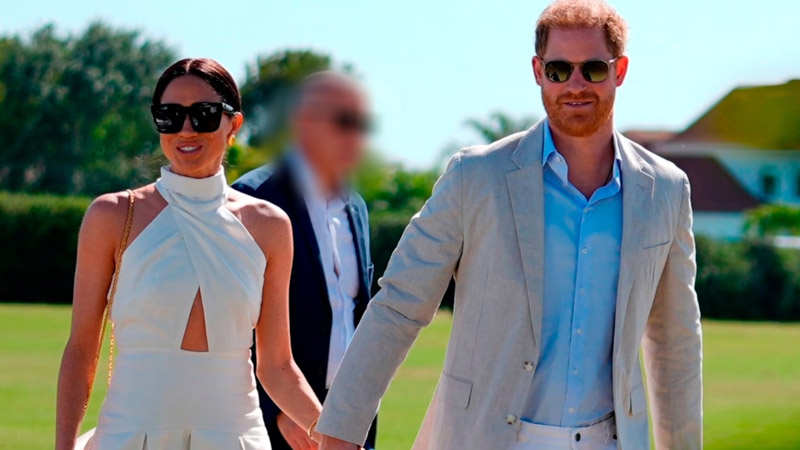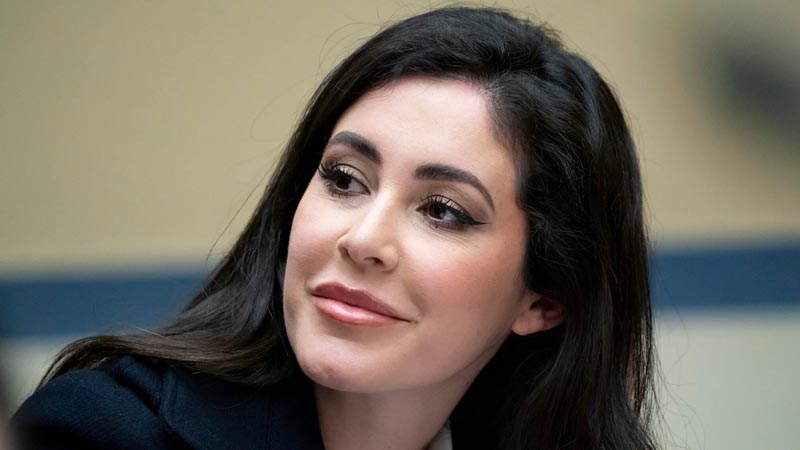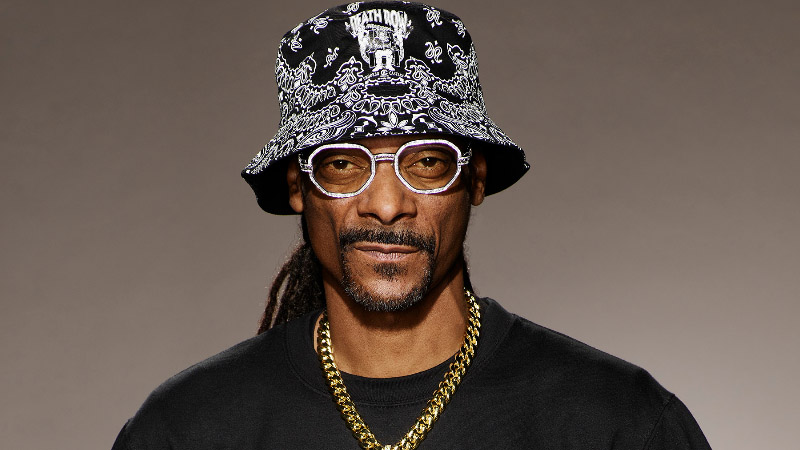Prince Harry sparks legitimate questions about US exaggerations

PHOTO: REBECCA BLACKWELL/AP
Prince Harry has recently reignited discussions and controversies surrounding his past, particularly focusing on his admitted drug use and the perceived exaggerations in his personal narratives. These issues have come to the fore through comments made by royal author Gareth Russell during a recent interview with GB News.
Russell, a noted commentator on royal affairs, expressed a growing concern over the credibility of Prince Harry’s revelations, particularly those detailed in his memoir, “Spare.” In the book, the Duke of Sussex openly discussed his experiences with illegal substances, an admission that has stirred not only media attention but also a broader discourse on the authenticity and implications of his accounts.
“I would say, if you’re being logical and not too dramatic about it either way, it’s going to be embarrassing and put his name in the headlines for reasons which I think he’d probably prefer to avoid,” he also said. It’s important to also note that “It’s going to raise questions again about what privileges were used to get him into the Great Republic as America has historically been known?” he also questioned.
But “I don’t think it will do him any favors. I don’t think it will be catastrophic for him.” “But I think it will be another embarrassing round of headlines which the Sussexes are insisting they want to move beyond.” And “If lawyers arguing for his visa are relying on the strategy that Prince Harry ‘exaggerated’ his claims of drug use in order to sell more books, then that opens up a legitimate question.” Like “What else in ‘Spare’ was exaggerated?” he questioned because “These are lawyers arguing for his visa, implying that there are parts of the book which may have been sensationalized.”
During the GB News interview, Russell pointed out the complex nature of Harry’s public confessions, noting the difficulty in predicting the repercussions these admissions might have on both his personal reputation and the broader public perception of the royal family. The acknowledgment of drug use by a senior royal figure is not only a personal revelation but also a matter that intersects with public expectations and the royal family’s image.
Russell’s commentary suggests that these admissions could lead to a reevaluation of Prince Harry’s narratives in the public eye, raising “legitimate questions” about the extent and nature of his drug use and whether his recounting in the memoir might have been influenced by personal or literary embellishments. The dialogue around these issues is complicated by the prince’s high-profile departure from royal duties and his subsequent critiques of the royal institution, which have painted a complex picture of his relationships within the royal family.
The discussion also taps into broader themes of privacy, public interest, and the responsibilities of public figures in disclosing personal struggles. Prince Harry’s openness about his past challenges, including his mental health and personal missteps, positions him in a vulnerable spot, where his every word is scrutinized and often subjected to doubt or skepticism.
As the conversation unfolds, it becomes evident that the prince’s revelations are more than mere admissions; they are part of a larger narrative that challenges traditional royal protocols and expectations. This shift has prompted mixed reactions from the public and commentators alike, with some praising his candor as a move towards modernizing the monarchy and others questioning the motives and accuracy of his accounts.


